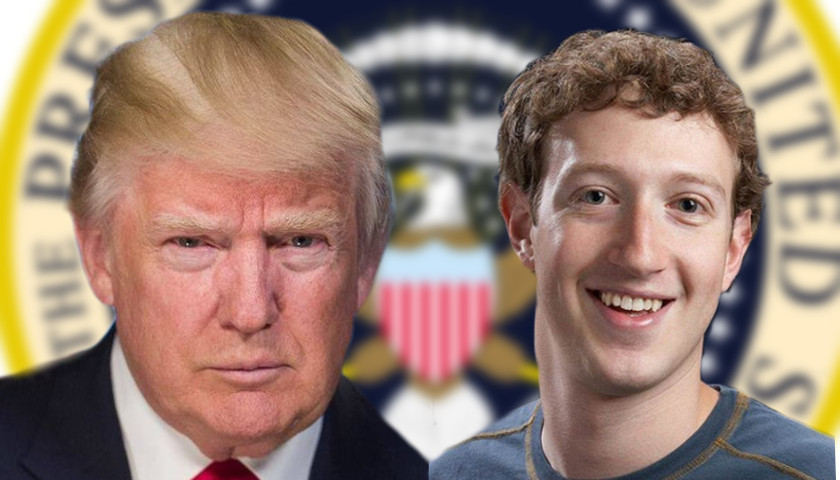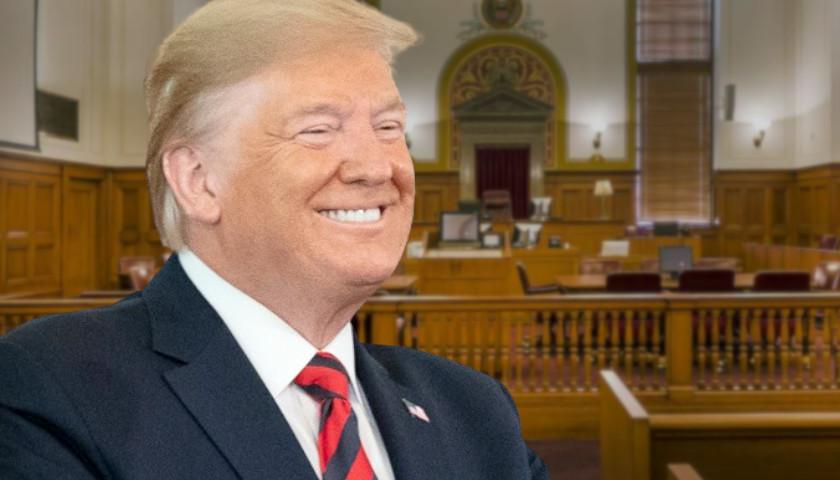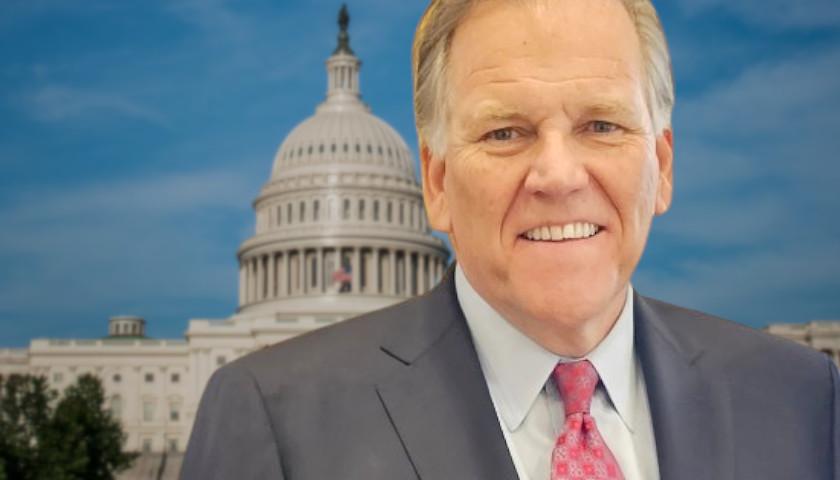by Jeffrey A. Rendall
Mark Zuckerberg for president?
If you’re like me, you consider the notion preposterous. Despite a barrage of worshipful media coverage in the past decade the Facebook co-founder still isn’t exactly a household name and there are no doubt tens of millions of Americans who either haven’t heard of the now 33 year-old gozillionaire Californian or don’t give a Mark Zuckerberghoot that he’s one of the richest human beings on the face of the earth.
While it’s true Zuckerberg has at times weighed-in on certain political issues it’s not clear where he stands ideologically or what his real economic philosophies might be. For sure he’s a smart tech-savvy guy with a genius for marketing, but would he Make America Great Again?
Zuckerberg’s no Donald Trump, in other words. Trump broke the mold in American politics being the first one to come in from outside the political system to seize control of the Republican Party’s presidential nomination and then beat the Democrat nominee in the Electoral College.
Because Trump was able to pull-off the formerly unthinkable some are suggesting the two-party system could be in danger of extinction – or at least ripe for a major re-examination in the eyes of the voting public.
Jonah Goldberg of National Review wrote, “The Democrats have settled on economic populism as their unifying theme, not so much because that’s where all the passion is but because they can’t agree on any other agenda that would enlarge their coalition. The GOP, in turn, is shrinking its ideological commitments — and appeal — and focusing instead on populist rage and the president’s cult of personality. Both courses leave vast swathes of the electorate up for grabs.
“As a result, there’s the potential for an opening in 2020 for some opportunistic figure — Mark Zuckerberg? Michael Bloomberg? — from outside the beleaguered and sclerotic party system who could forge a coalition from both the traditional Democratic and Republican columns, much as Emmanuel Macron did in France. An independent candidate always seemed like a pipe dream in America’s two-party system. But so did Trump’s candidacy until not very long ago.”
Goldberg’s is an interesting theory but that’s about as far as it goes. If you had a classroom full of political science teaching assistants charged with forecasting the political future you might consider such a wild fantasy as a successful independent candidate for president. But not only would you be required to come up with someone famous – and extraordinarily wealthy – as a candidate, you’d also need to completely ignore the two major parties’ serious built-in advantages in politics today.
First and foremost among them is party identification and recognition. Though the Republicans and Democrats may not exactly be at the peak of popularity these days, both enjoy essentially universal recognition and some semblance of brand identification. Anyone who’s been in America for any appreciable amount of time and is eligible to vote understands – or should understand – how the party system functions.
There might be an occasional successful independent candidate for some office somewhere but if you really want your vote to matter on Election Day, in the vast majority of cases, it’s either R or D.
Next comes the party machinery and all that goes along with it – volunteer networks, ground game, advertising, yard signs, consultants, polling operations…you name it. Any independent candidate would have to start practically from scratch to establish the political infrastructure that could generate the credibility and identity – and votes – to compete in a national election.
What about media? Democrats have the mainstream establishment organs in their corner and Republicans by and large claim a near monopoly on talk radio to back them up. Where would an independent candidate fit in this continuum? Certainly not on the conservative side and the liberal talkers wouldn’t latch onto anyone who portends to be less than a dedicated leftist.
Lastly, an independent candidate would still have to beat the Republican and Democrat nominees in the general election. Though Goldberg correctly points out that neither party’s base is big enough to command a majority on its own, the “independent” vote isn’t even close to commanding the numbers to legitimately threaten the bases of either party.
There may be an awful lot of disgruntled American voters out there but there are also a good many “happy” (or at least content) people who wouldn’t consider abandoning their GOP or Democrat Party for all the Mark Zuckerbergs in cyberspace. An independent hopeful would need to capture not only 100 percent of the disaffected vote he (or she) would also need to cut into the Republican and Democrat slabs as well.
But Trump did it, didn’t he?
Not really. It’s a media-created myth that Trump suddenly appeared on an escalator one day and the next he was the frontrunner for the GOP nomination. Trump built his public brand and name recognition for decades and started dropping hints about his political ambitions way back in the earliest days of his celebrity.
His views evolved, of course, but the media-centric Trump knew how to keep his name in public use and could, along with his personal fortune, get the political wheels turning without too much of a struggle. As is well-known by now, Trump didn’t need to hire a huge staff to achieve his initial goals. All he needed was himself…and his name. Trump was the “product.”
In that sense Trump is unique, one of a kind in American politics. Others could (and likely will) attempt to replicate his path to the presidency but they’ll be doomed to fail simply because they’re not him. Would people turn out by the tens of thousands in Iowa and wait in line in the snow for hours to hear Mark Zuckerberg or Michael Bloomberg talk about their visions for the country?
Not a chance. Zuckerberg in particular has become closely associated with the snobby out-of-touch elite that are currently engendering such a severe backlash from the “normal” folks out there who just want to live their lives and not worry about sending their daughters into gender neutral Facebook-approved bathrooms.
There’s another factor – even if an independent candidate could rise to legitimacy he or she would still have to contend with the attention-consuming political circus that are the presidential primaries. No one could compete with the “show” put on by the two parties. No one.
It could be Goldberg’s suggestion that the two-party system’s weaknesses may open the door for an independent candidate is just another way of declaring Trump is not a legitimate president and he’ll only last one term (if that). It’s an argument the #NeverTrump forces have been pushing ever since last November. But in advancing this assertion they’re ignoring reality.
Trump’s is a complete and mature political operation by now and in the near future, with perhaps some assistance by Congress, the president will see real progress on his agenda.
Some additional help for advocating the message may have arrived in Washington recently as Vice President Mike Pence took on an aggressive new chief of staff, Nick Ayers.
Eliana Johnson of Politico reported, “Ayers’ hire, according to interviews with eight current and former administration officials, was less about a secret campaign to challenge Trump in 2020 and more about helping the vice president — who, at just 58, has a political future ahead of him in the post-Trump era — preserve his future political options, whatever they may be.
“A veteran political operative, Ayers had for months been quietly warning the vice president that Trump’s troubles could cause collateral damage and that he needed to take a more aggressive posture on a range of issues to ensure he enters the post-Trump era on solid ground, according to two White House officials.”
In other words, Trump’s movement is not geared to being a one-and-done. Pence has been a consistent conservative throughout his political career and he is now seen by many as the de facto leader of the conservative movement.
Whenever it comes time for Pence to run (if that’s truly what he intends to do) he’ll be in the unique position of holding rights to the Trump populist/conservative voting bloc while perhaps being more attractive to the traditional Republican base as well. If one of the #NeverTrump group’s main beefs with Trump is that he’s not “presidential,” Mike Pence will fill the void nicely.
If the argument goes that Trump is weak with college educated white voters Pence will regain a lot of their favor. Pence is a full-spectrum conservative and it isn’t likely he’ll alienate anyone with a center-right bent.
Because of the manner in which Trump came to the GOP nomination and to the presidency he will remain controversial to many people. Four or eight years of consistent advocacy for solid policies and real results in the economy will bring people onboard. The whole notion of an independent running against him and the Democrats is a foolhardy one indeed.
Reprinted with permission from ConservativeHQ.com






He has about as much chance as that snowball in Hell! Maybe not quite that much of a chance.
Jim, I hope that you are correct.